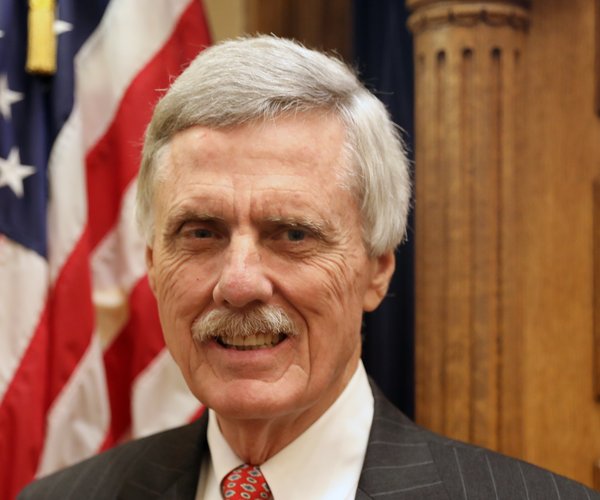With no signage regulations currently in place, the City of Guyton has virtually no say in the signs that go up in the city.
"We’re behind on this," according to mayor pro-tem Les Pevey.
However, Guyton City Council plans to remedy that soon. Council members are reviewing a proposed sign ordinance they received from city attorney Ray Smith at Tuesday’s council meeting.
"Once the sign ordinance is passed, every sign in Guyton, Ga., becomes under city jurisdiction," Smith said.
The ordinance will specify the types of signs that will be allowed within the city limits, as well as their permissible sizes and locations. The ordinance, though, will not allow the city to have different rules for different businesses — or even for churches — or to dictate the content of signs.
"As required by federal law, it is 100 percent neutral," Smith said. "You will find absolutely nothing in this proposed ordinance that distinguishes between a billboard, a commercial advertising sign or a sign that says ‘God loves you.’"
Anyone who applies to put up a sign will have to provide evidence of ownership of the property, or permission from the owner, where the sign will be placed. Existing signs will be grandfathered into the rules.
The ordinance prohibits any sign from being placed on city property without the city’s permission. Smith encouraged council members not to permit any business signs at all on city grounds, since allowing them could be deemed unconstitutional.
"It would have the appearance of the city of Guyton sponsoring or supporting that particular business," Smith said. "The city can’t favor one over another."
Alderman Ulysses Eaton voiced concern that such stringent rules on business signs could hamper economic development efforts. He posed the question of allowing a sign on city property for a business owned by a church, to which Smith responded, "I am going to ask you to say, ‘No.’"
"What you’re telling us is, we can’t even allow a church sign on city property?" Pevey asked.
"No, sir," Smith said.
To emphasize his point, Smith said he will soon be sending council members a formal request to stop saying the invocation to begin council meetings — which elicited groans from some in the small crowd in attendance. Smith cited a ruling from the 11th Circuit U.S. Court of Appeals that government officials should play no role in determining the content of that type of prayer.
Smith suggested council establish a rotating list of local ministers and church representatives, of all denominations, to offer the prayer at Guyton City Council meetings.
"The 11th Circuit has told us that’s the way to do it," Smith said. "That’s how far it’s gone."
City council will discuss sign regulations again at its March 27 meeting and will have an ordinance in place "no later than April," Pevey said.





